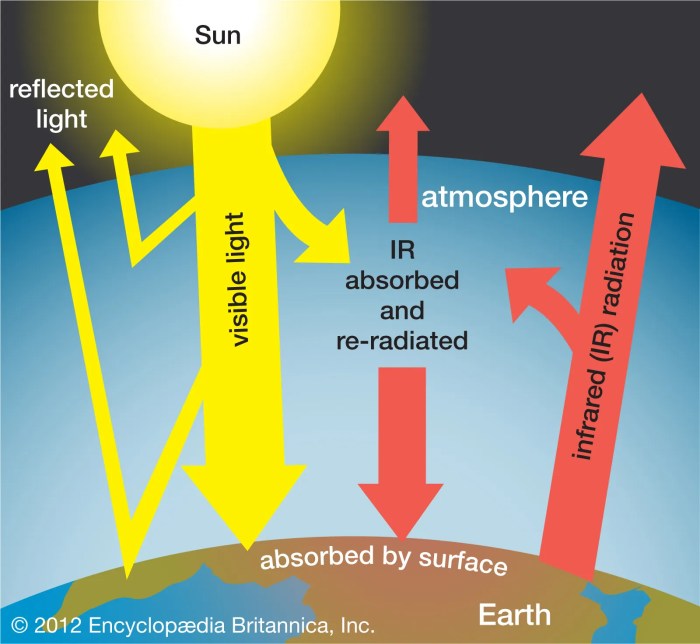Delving into the realm of the nature of gases 13.1 answer key, we embark on an enlightening journey to decipher the fundamental properties, laws, and applications that govern these elusive substances. From their unique characteristics to their profound impact on various scientific and technological domains, gases hold a captivating allure that beckons us to unravel their enigmatic nature.
As we delve deeper into the intricacies of gas behavior, we will explore the profound implications of Boyle’s Law, Charles’s Law, and the combined gas law, gaining invaluable insights into the interplay between pressure, volume, and temperature. Furthermore, we will uncover the significance of Dalton’s Law of Partial Pressures in understanding gas mixtures and delve into the fascinating realm of chemical reactions involving gases, unraveling the principles that underpin these transformative processes.
Gas Properties: The Nature Of Gases 13.1 Answer Key

Gases exhibit unique properties that distinguish them from solids and liquids. These properties stem from the high kinetic energy and low intermolecular forces characteristic of gas molecules. Gas molecules are in constant random motion, colliding with each other and the walls of their container.
This incessant motion results in several key properties:
- Fluidity:Gases can flow and assume the shape of their container, conforming to the available space.
- Compressibility:Gases can be compressed to occupy a smaller volume under pressure, indicating the large spaces between molecules.
- Low Density:Gases have a low density compared to solids and liquids, as the molecules are widely spaced apart.
These properties have numerous real-world applications. For instance, the fluidity of gases enables them to be used as propellants in aerosols and as carrier gases in chromatography. Their compressibility allows for the storage of large volumes of gases in compressed gas cylinders, facilitating their transportation and use in various industrial processes.
Detailed FAQs
What is the relationship between gas pressure and volume?
Boyle’s Law states that the pressure of a gas is inversely proportional to its volume at constant temperature.
How does temperature affect gas behavior?
Charles’s Law states that the volume of a gas is directly proportional to its absolute temperature at constant pressure.
What is the significance of Dalton’s Law of Partial Pressures?
Dalton’s Law states that the total pressure exerted by a mixture of gases is equal to the sum of the partial pressures of each individual gas.
